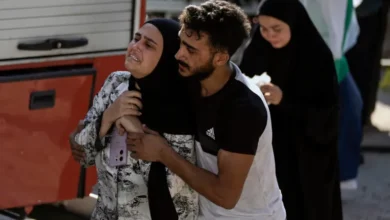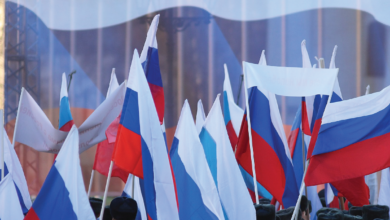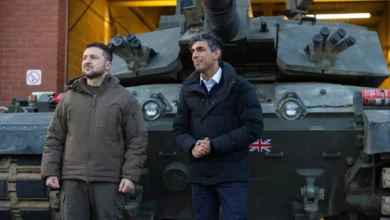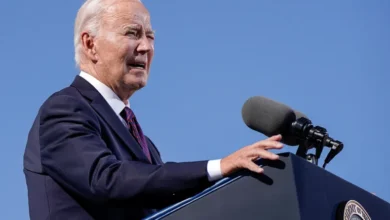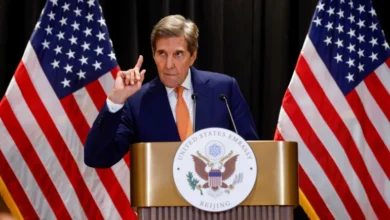Ankara Transfers Soviet-Era Technology from Ukraine to Protect Itself from Israel
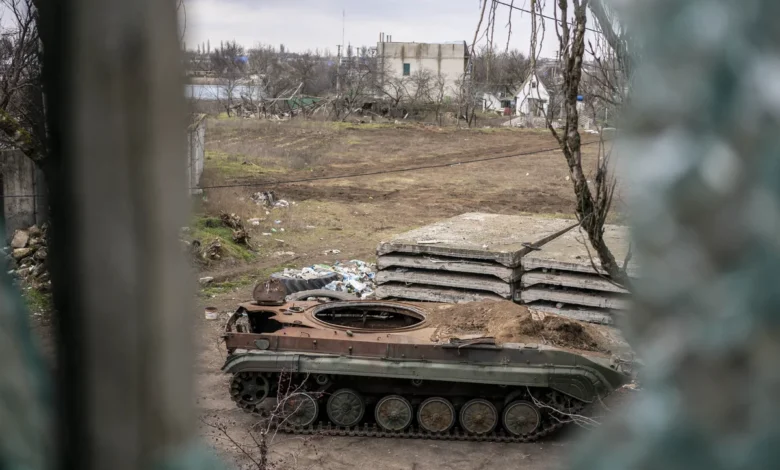
The joint U.S.-Israeli attacks on Iran on Friday, June 13, 2025, did not go unnoticed on the Turkish political and military agenda. Although the war appeared to have stopped and the file was seemingly closed in favor of securing achievements and cementing new realities on the ground, Turkey was closely observing the developments.
Ankara carefully monitored the launch of 130 Israeli aircraft, operating under American aerial, security, and intelligence cover, striking Iranian nuclear and military sites. These strikes were accompanied by targeted assassinations of senior leaders and scientists. The outcomes, unsurprisingly, tilted in favor of the Israeli occupation—at least politically, security-wise, and in terms of intelligence. Reports even confirmed that the Iranian president himself was injured in the attacks.
With Iran effectively removed from the regional competition, Ankara now braces for a potential Israeli offensive designed to eliminate it from the equation as well—securing Israel’s singular leadership over the region. Turkey fully understands that its ties with the U.S. and its NATO membership will not shield it if U.S. President Donald Trump and Israeli Prime Minister Benjamin Netanyahu decide to move forward. The American aerial superiority granted to Israel would be decisive, leaving Turkish Bayraktar drones and available defense systems ineffective.
In this context, it has become inevitable for Turkey to seek alternative means of support. Such help will not come from the United States—the main backer of Israel’s military operations and atrocities in Palestine and beyond—nor from Europe, which is unlikely to provide the advanced weaponry Ankara seeks. Instead, Turkey is turning to its ally Ukraine in search of the advanced technologies once left behind by the former Soviet Union.
According to reports, Turkey has shown strong interest in signing scientific agreements with Ukraine. Anadolu Agency confirmed that Turkish and Ukrainian academics and students have already begun conducting joint studies in nuclear sciences as part of institutional cooperation.
One such cooperation agreement was signed between the Institute of Nuclear Sciences at Ankara University and the State Scientific and Technical Center for Nuclear and Radiation Safety (SSTC NRS) under Ukraine’s State Nuclear Regulatory Inspectorate. The agreement covers information exchange, joint research, and student training in fields such as nuclear technologies and radiation safety.
Niyazi Meric, Director of the Institute at Ankara University, emphasized Turkey’s urgent need for trained personnel to operate nuclear reactors, noting the shortage of qualified academics in this field within Turkey.
In reality, and according to several sources, the Turkish leadership is now seriously pursuing advanced technology—specifically what was once developed by the Soviet Union. The only viable path is through Ukraine. In recent weeks, there have even been reports of a quiet migration of dozens, perhaps hundreds, of scientists and academics specializing in nuclear, technological, and military fields into Turkey. The country is reportedly providing them with generous salaries and a secure, research-friendly environment to develop advanced weapons in preparation for what Ankara increasingly sees as an almost inevitable Israeli assault.


